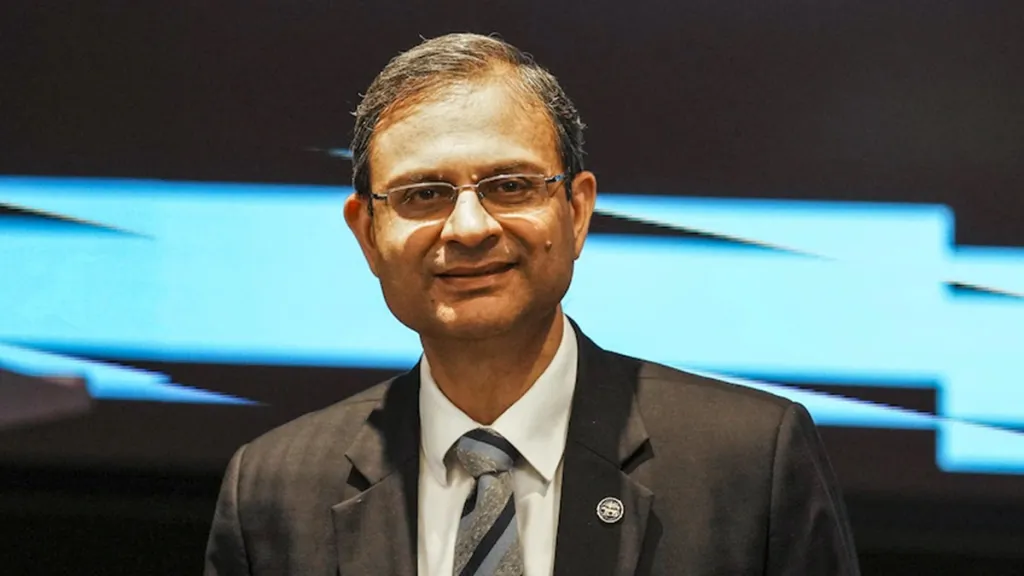The Reserve Bank of India (RBI) Governor Sanjay Malhotra on Wednesday said that considering the evolving landscape of money laundering, there is a need for continuous improvement in India’s anti-money laundering (AML) and counter-financing of terrorism (CFT) efforts. He also said that regulators will need to continuously augment artificial intelligence (AI) and machine learning (ML) risk assessment framework to make appropriate system enhancements.
Sanjay Malhotra was speaking at the Financial Action Task Force (FATF) Private Sector Collaborative Forum, where he highlighted that India’s AML and CFT initiatives have been globally recognised for their effectiveness. He also maintained that a strong public-private partnership forms the bedrock for safeguarding the integrity of the financial system.
“Strong public-private partnerships form the bedrock for safeguarding the integrity of the financial system. In India, we recognize the importance of close cooperation between public and private sector stakeholders in achieving these goals. Reserve Bank of India, as the regulator and supervisor of a large segment of the financial system in India has diligently and consistently worked towards building and ensuring implementation of a strong AML and CFT framework in this segment of the financial system, in line with FATF recommendations,” he said.
In line with this, the Financial Intelligence Unit (FIU)-India has also set up FPAC3, a public private cooperation forum for facilitating closer interaction and collaboration.
Fighting new risks with new techniques
The RBI governor noted that while technology has facilitated ease of doing business, it has also introduced sophisticated money laundering techniques. “…the threats from money laundering and terror financing to the national and global financial systems are continuously evolving and becoming more sophisticated. This is primarily due to technological advancements. In order to effectively counter these threats, we need to continue the close cooperation among various stakeholders – government agencies, financial entities in both the public and private sectors, civil society, and others,” Sanjay Malhotra said.
To enhance AML risk assessment, he called for better data quality and the adoption of advanced technologies like artificial intelligence (AI), machine learning (ML), and blockchain. “These technologies will help identify threats more efficiently and refine risk assessment frameworks,” he said.
Digital onboarding and KYC processes
The RBI governor said that in recent years, digitalisation has been increasingly applied to customer onboarding and customer due diligence (CDD) processes. However, he added that due diligence still has significant scope for improvement.

